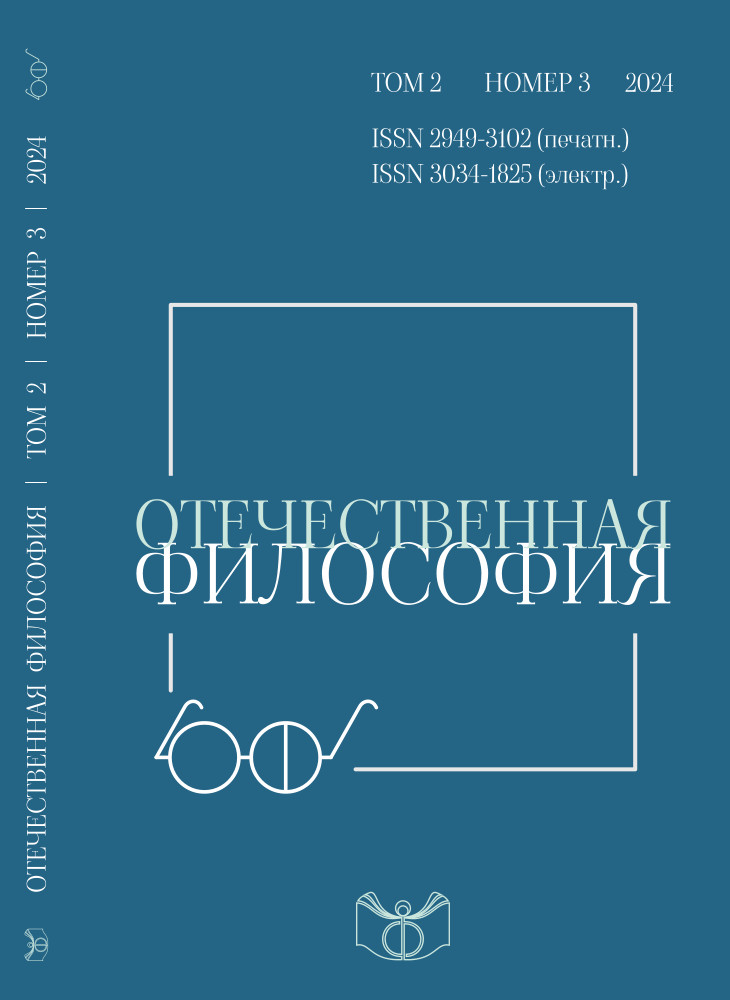The Philosophical Problems of the Contemporary Orthodox Theology
Keywords:
Orthodox theology, Russian religious and philosophical tradition, post-metaphysical theology, neopatristic synthesis, postsecularity, theoesthetics, philosophical theology, synodal theology, Christian humanism, political theologyAbstract
The publication is a correspondence discussion on the philosophical problems of modern Orthodox theology. The participants of the discussion were invited to express their point of view on the most urgent and serious challenges facing contemporary Orthodox thought, focusing on the following questions posed by the editorial board of the journal “National Philosophy”:
- What is Russian Orthodox theology at the end of the first quarter of the 21st century? What do you see as the possible and most important impulses for its development, as well as challenges, problems and obstacles?
- What philosophical problems are facing Orthodox thought in the 21st century?
- Does the modern Orthodox theological language correspond to the contemporary intellectual context? Should Orthodox theology interact with contemporary philosophical movements and adapt their conceptual and categorical apparatus for its own purposes, or is this an unacceptable modernization of the theological heritage?
- Is it possible to talk about the specifics of the relationship between philosophy and theology in the Russian intellectual tradition?
- How do you assess the experience of interaction between philosophical and theological thought in the Russian religious and philosophical tradition of the 19th – first half of the 20th centuries? Can it – and if so, in what way – be used in contemporary Orthodox theology?
Downloads
Published
2024-12-27
Issue
Section
Discussion
How to Cite
The Philosophical Problems of the Contemporary Orthodox Theology. (2024). National Philosophy, 2(3), 55-84. https://np.iphras.ru/article/view/10885


